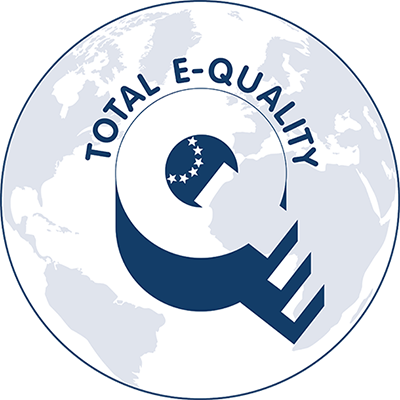Planning research data management
Before we embark on a research project, it is important and helpful to plan how we will handle the data and results that emerge in future stages of the project. Documenting these plans is a pre-requisite for reuse and therefore ultimately dictates the frequency with which the research data is likely to be cited by other researchers. A structured data management plan (DMP) is a useful tool in this context.
Data management plan (DMP)
A data management plan describes the data the researchers intend to collect or generate during the research process and how they intend to use and store this data during their lifecycle. The DMP essentially serves to answer a series of key questions:
- Description of the research project
- Type of data involved
- Scope and quality of data
- How the data will be organised
- Data usage
- Metadata and referenceability
- Storage and security
- Publication
- Citability
- Legal aspects and anonymisation
- (Long-term) digital preservation
- Responsibilities and obligations
- Costs and resources
- Deletion
A DMP is created before the project starts and will be updated as required over the course of the project.
The DFG and other leading funding organisations require information on how research data will be handled as a prerequisite for project funding and in part provide their own questionnaires.
Various software tools are available to help create a DMP. In Germany, DFG funding was used to develop the Research Data Management Organizer (RDMO). By catering to the dynamic development of a DMP throughout all the phases of a research project, the RDMO provides effective support for the entire research data management process.
Our Service
If you are interested in our advice and support in creating data management plans, please contact us.
Contact

Birte Lindstädt
Head of Research Data Management
Phone: +49 (0)221 999 892 646
Send mail
Related links
FAQ Research Data
Workshops
Online seminars
Video Tutorials
DMP in Horizon Europe
DFG: Handling of RD
DFG: Checklist for handling RD (pdf)




